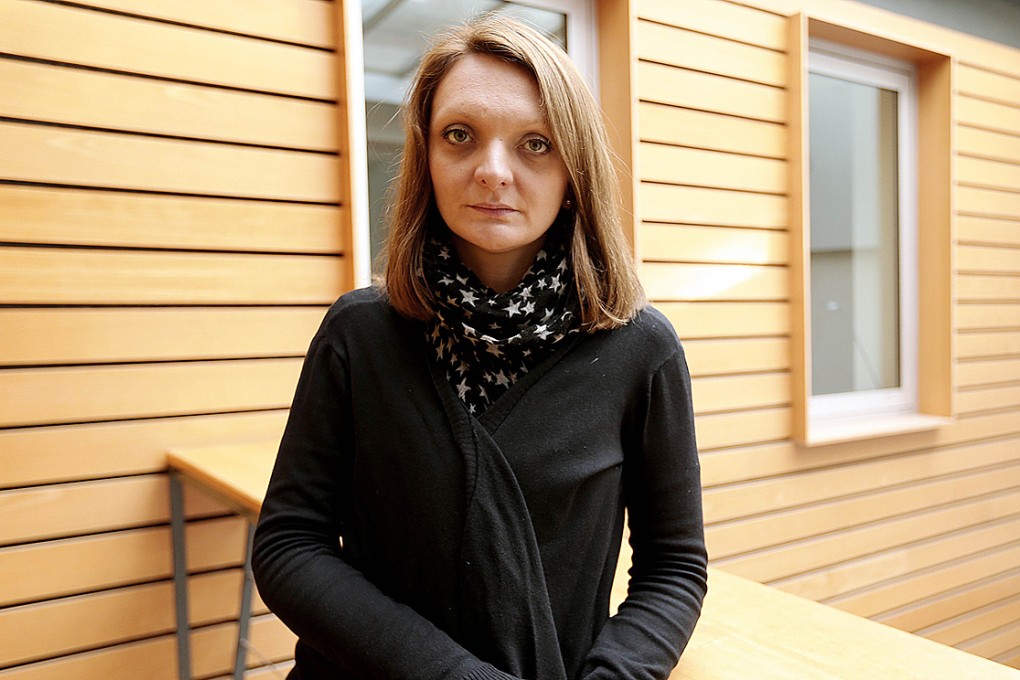European rights court mulls whether to let French quadriplegic die in euthanasia case
Severely brain damaged and quadriplegic vicitm of road accident who has been in a vegetative state for more than six years at centre of bitter right-to-die debate

Europe’s human rights court will on Wednesday weigh whether a man in a vegetative state should be taken off life support in a case that has torn his family apart and ignited a fierce euthanasia debate in France.
Vincent Lambert, 38, who was left severely brain damaged and quadriplegic as a result of a 2008 road accident, has for months been at the centre of a judicial drama over his right to die.
“We discussed this and he [Vincent] would never have wanted to be kept in this state.”
In January last year, Lambert’s doctors, backed by his wife and six of his eight siblings, decided to stop the intravenous food and water keeping him alive in line with a 2005 passive euthanasia law in France that allows treatment maintaining life to be withheld.
His 33-year-old wife, Rachel, who is a psychiatric nurse, said he would never have wanted to be kept alive artificially, while doctors said that their patient was “suffering”.
However, his deeply religious Catholic parents, half-brother and sister won an urgent court application to stop the plan.
In an appeal, the French supreme administrative court, known as the State Council, ordered three doctors to draw up a report on Lambert’s condition and in June ruled that the decision to withdraw care from a man with no hope of recovery was lawful.
Lambert’s parents then took the case to the Strasbourg-based European Court of Human Rights, which ordered France to keep Lambert alive while they decided whether the State Council’s decision was in line with the European Convention on Human Rights.
